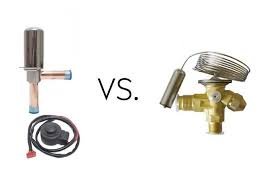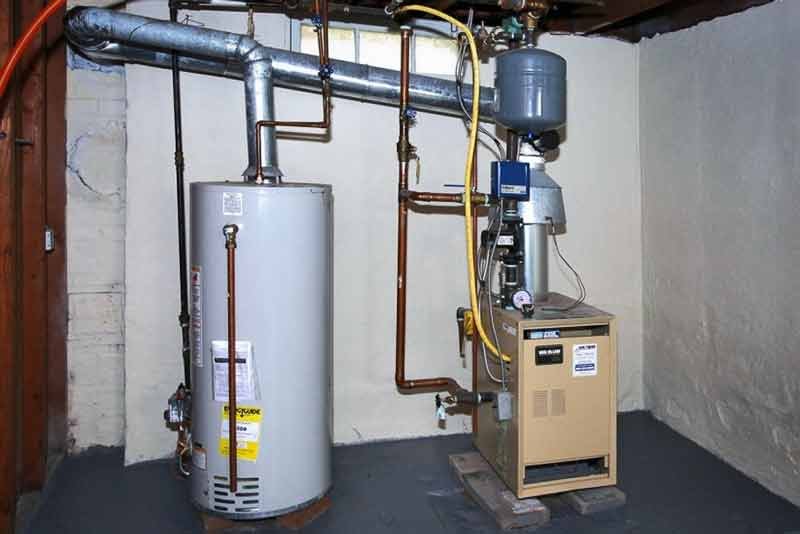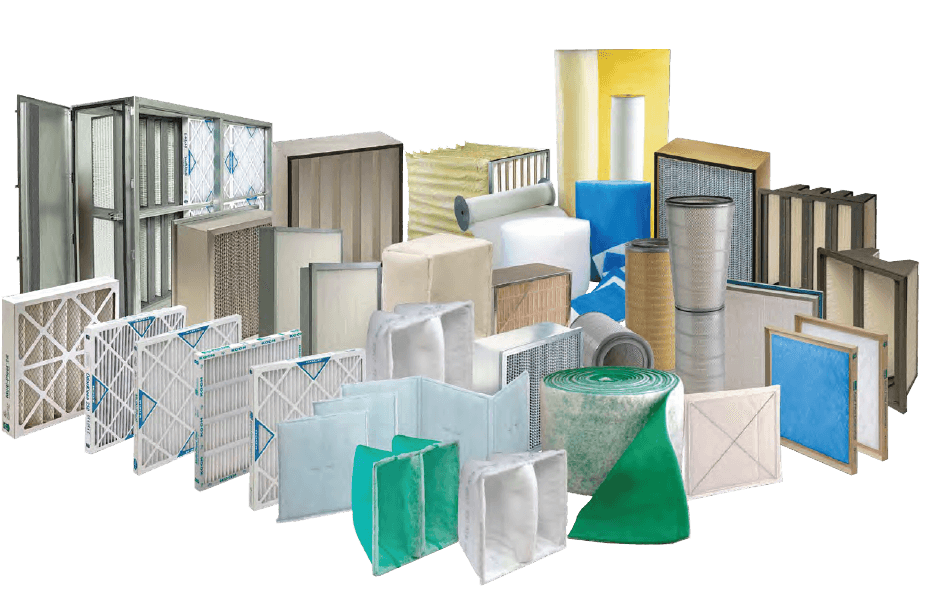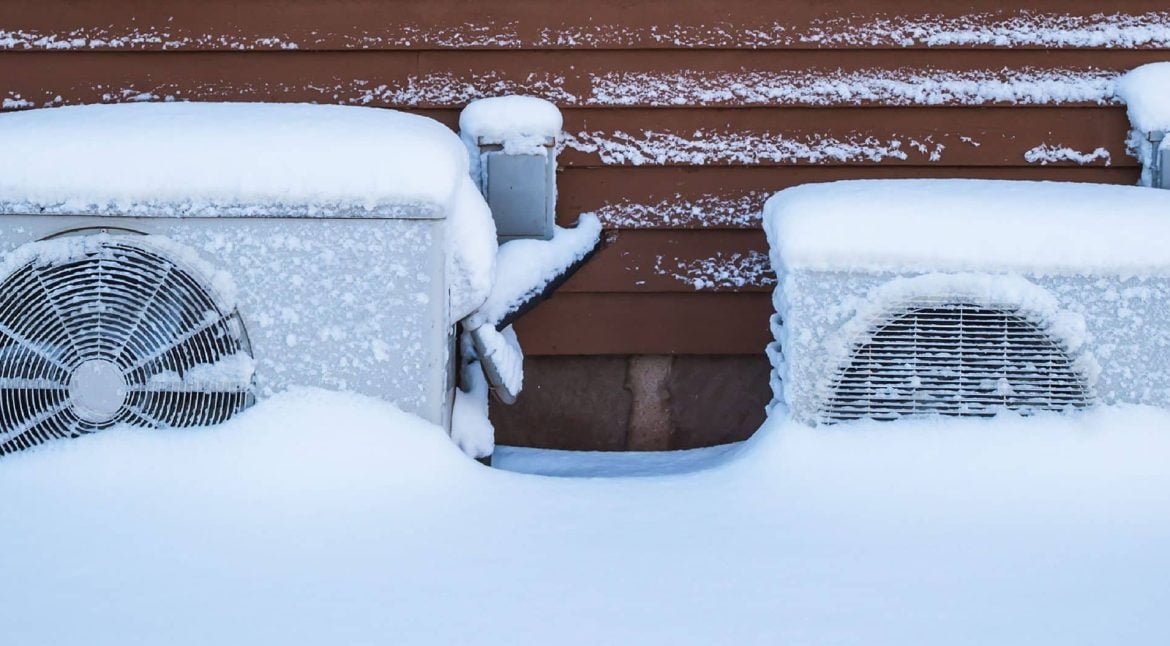Subcooling and Its Role The process of subcooling involves cooling the refrigerant to a temperature at its saturation point effectively removing heat. This additional cooling is important for keeping the refrigerant in its form and preventing the formation of vapor bubbles that can disrupt the HVAC system’s functioning. Subcooling plays…
EEVs offer precision and adaptability for complex systems, while TXVs are known for their reliability and are a cost-effective choice for simpler HVAC setups. Expansion valves are crucial components in HVAC systems that control refrigerant flow, ensuring efficient cooling. we’ll compare two common types: Electronic Expansion Valves (EEV) and Thermostatic…
Is a Chiller Part of an HVAC System? Yes, a chiller is part of an HVAC system. Chillers are in HVAC systems because they help keep places cool. HVAC systems aim to make indoor spaces comfortable by managing temperature and humidity. Chillers are like the cooling heroes, as they remove…
“Is a Boiler Part of the Home HVAC System?” Absolutely a boiler plays a role, in HVAC systems. It acts as the heat source by either heating water or generating steam, which is then distributed to warm up your space. The components commonly found in HVAC systems: Think of HVAC…
Brief Key Takeaways about EER vs SEER: EER vs SEER: All You Need to Know Our HVAC systems work silently in the background to maintain our comfort levels. They do consume energy in the process. Energy efficiency plays a role, in HVAC systems. In this article, we will delve into…
Key Takeaways: Different types of HVAC filters serve purposes, such as fiberglass filters, HEPA filters, and specialized options like UV light and media filters. When selecting a filter consider factors such as indoor air quality needs, compatibility, with your system, and personal preferences regarding maintenance. What Are HVAC Filters and…
Your Go-To Guide on Where to Buy HVAC Capacitors Locally! What HVAC Capacitors Are and Their Role Capacitors are small yet vital components in the world of HVAC systems. These devices store and release electrical energy, acting as a power boost for various HVAC system motors. Their role is simple…
How HVAC systems work At its core, an HVAC system is responsible for regulating temperature, humidity, and air quality within a space. It accomplishes this by controlling the flow of heated or cooled air through a network of ducts and vents. The process can be summarized in a few key…
The Basics of HVAC Systems HVAC stands for Heating, Ventilation, and Air Conditioning. It is important in maintaining indoor comfort in homes, commercial spaces, and apartments. HVAC systems are designed to regulate temperature, humidity, and air quality to ensure a pleasant and healthy indoor environment. Whether it’s keeping you warm…
Winter Maintenance for Your HVAC System As the cold season approaches, taking care of your HVAC (Heating, Ventilation, and Air Conditioning) system becomes important. It’s not just about staying warm; it’s about ensuring a comfortable, efficient, and cost-effective winter. we will explore the importance of winter HVAC maintenance, why it…












